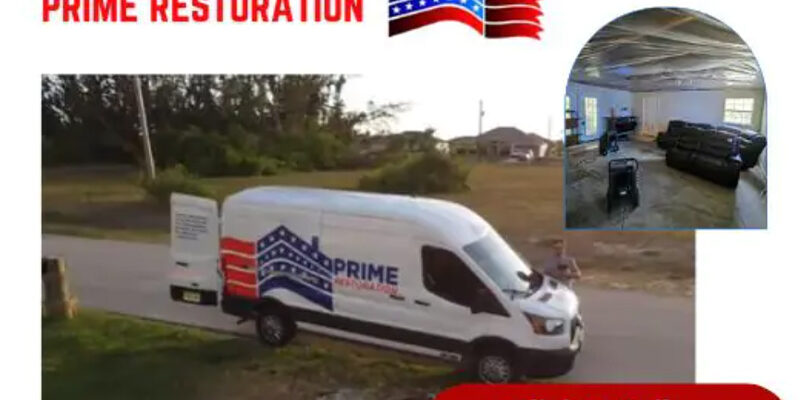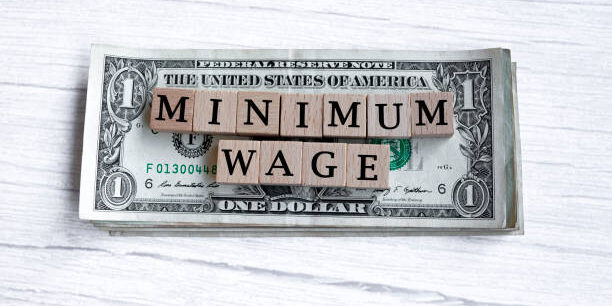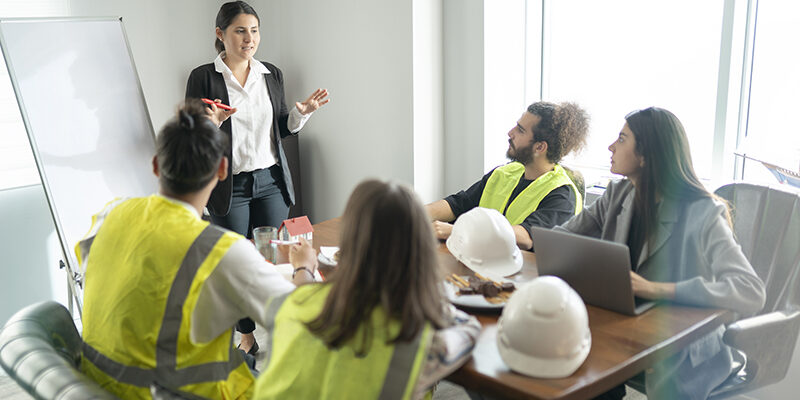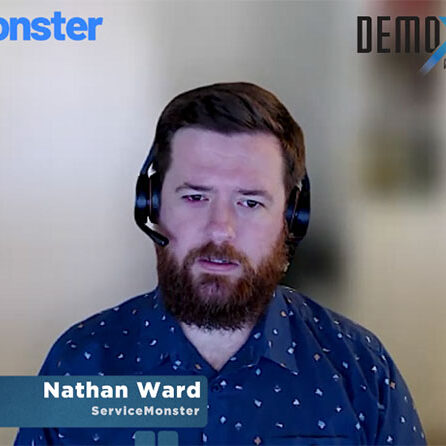Straight Talk: Addressing Mold in Closed Buildings [Video]

NORTHBROOK, Ill.—April 8, 2020—In this edition of Straight Talk With Jeff Cross, Doug Hoffman executive director of the National Organization of Remediators and Mold Inspectors (NORMI) discusses how closed buildings due to COVID-19 shutdowns may lead to mold contamination and indoor air quality issues if precautions are not taken. As Hoffman explains, mold spores live in settled dust alongside skin cells and other organic material. If a building is closed with HVAC shut off and the humidity increases, the environment becomes ripe for mold to grow. “Whether it’s residential or commercial, our living spaces are really meant to be lived in,” said Hoffman, who also has a background in construction. In other words, buildings don’t do well when they sit empty for long periods.
Read “Mold and Closed-up Buildings” by Doug Hoffman
“Think about if you’re not living in the environment, how would you live in the environment to try to control mold growth,” advised Hoffman. For example, ensure that the building is clean before closing, dispose of any trash and food items, and attend to any standing water or wet areas. Hoffman also said getting fresh air into closed buildings once every couple days is a good idea too, if someone is able to go and simply open a door or window for a short time. Ultraviolet light naturally destroys mold growth, so blinds and curtains should be left open. Keeping the relative humidity below 60% is also important, so Hoffman recommends setting the air conditioning to a higher temperature rather than turning it off completely.
Hoffman notes that even with our best efforts, buildings that sit empty for a long period of time are likely to have some contamination to deal with upon reopening. “When we open it up, we want to be aware of the fact that there could be a problem there, and so follow your senses,” Hoffman advised, take a good look around and pay attention to how things smell.
For professional cleaners and restorers, Hoffman expects a boom in the industry when the effects of the coronavirus subside and the economy restarts and these buildings need to reopen. “Certainly on the sanitizing side and the cleaning side, there’s going to be a big need for professionals who are trained and certified and really know what they’re doing,” Hoffman said. Buildings will need to be inspected and mold issues addressed so that workers can return to a safe environment. For more information about NORMI training and certification, visit NORMI.org.
Watch the complete episode of Straight Talk with Jeff Cross below, and find more Straight Talk episodes on cleanfax.com.












